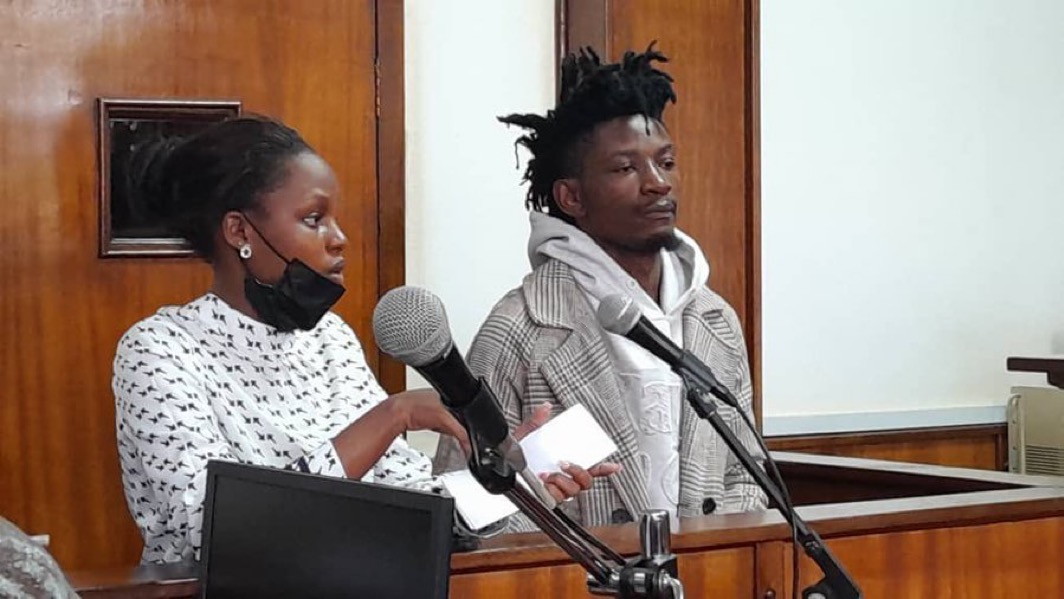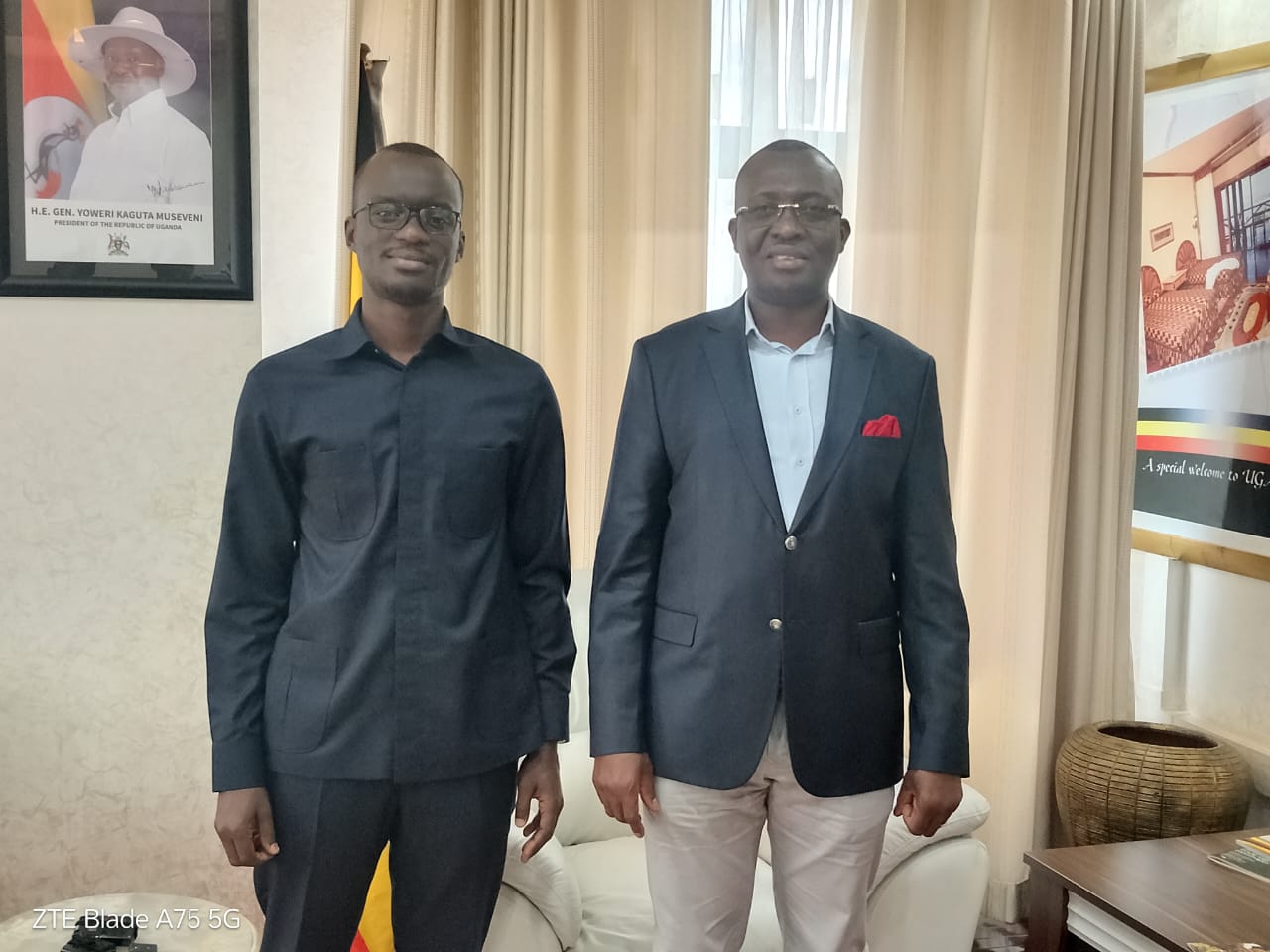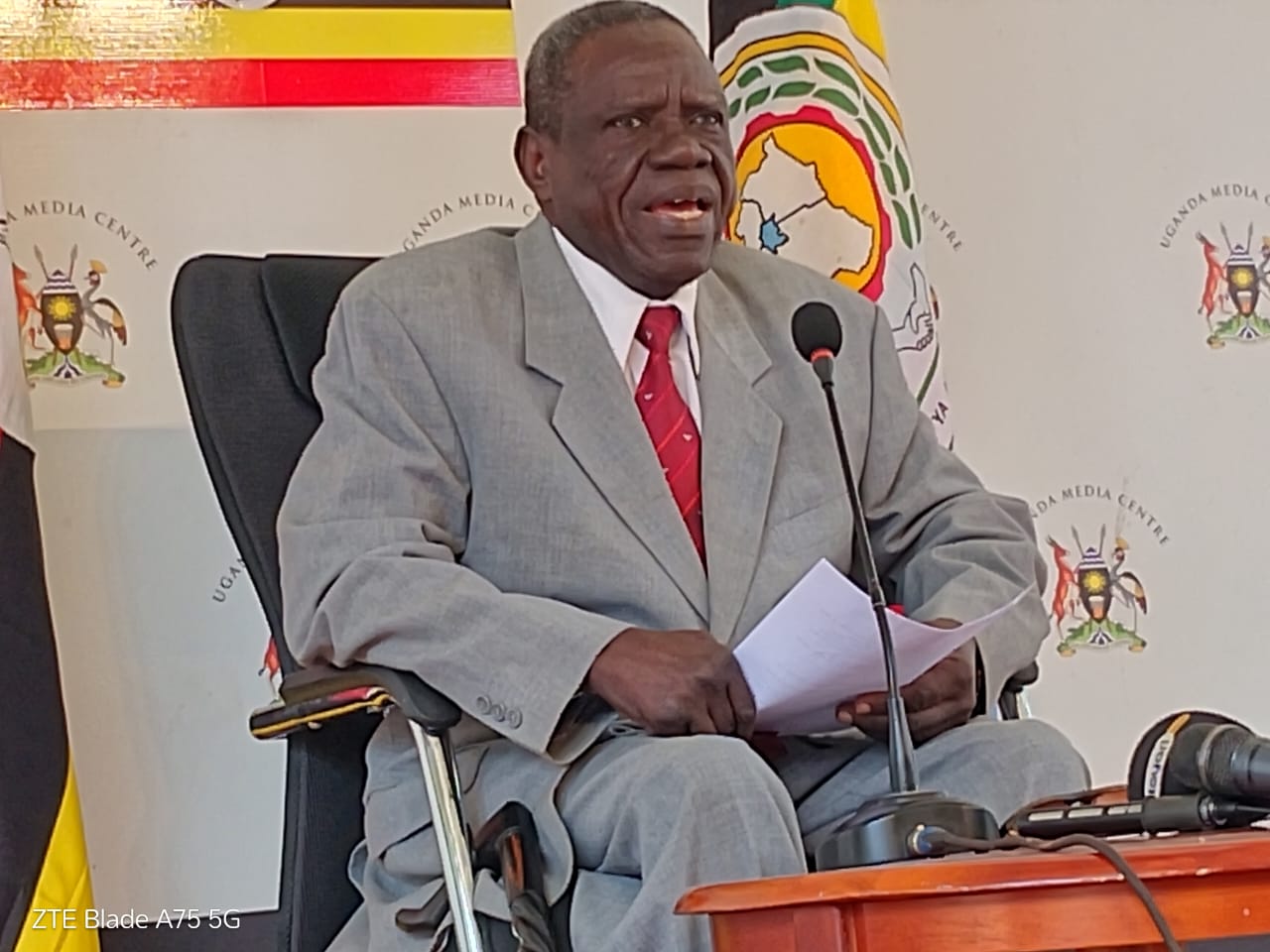The High Court has dismissed an application brought by Nduhukire Nasser, alias Don Nasser, against the Attorney General, ruling that the court lacked jurisdiction over alleged violations that occurred in Kenya.
Nasser, a businessman and socialite is accused of aggravated trafficking in children and defilement.
He sought declarations that his rights were violated through an illegal arrest, rendition from Kenya, and torture by Ugandan police officers.
Nasser claimed that on September 18, 2024, he was abducted from his apartment in Nairobi, Kenya, by 15 plain-clothed armed men, allegedly Ugandan police officers.
According to his affidavits, he was blindfolded, detained in a container for three days, and subjected to torture, including beatings, starvation, and coercion to reveal phone passwords and bank details.
He alleged that he was then transported to Uganda without proper extradition, detained beyond the constitutional 48-hour limit, and held in unauthorized facilities, including a military cell in Nakasero.
The application sought to declare Nasser’s arrest unlawful, his trial a nullity, and the Attorney General vicariously liable for police actions.
Nasser also requested compensatory damages and costs, arguing that his non-derogable rights to freedom from torture and personal liberty were violated.
The Attorney General denied the allegations. They claimed Nasser was arrested in Malaba, Uganda, on September 21, 2024, not Kenya, and was arraigned in court within 48 hours, excluding weekends as per legal practice. \
They presented immigration records showing Nasser last entered Uganda from Nairobi on October 29, 2023, with no evidence of subsequent travel to Kenya. The respondents argued that Nasser’s torture claims lacked evidence, as a medical examination (Police Form 24A) found him mentally sound with no injuries.
Justice Basimajja K. Andrew ruled that the High Court lacked jurisdiction over alleged acts in Kenya, as Ugandan courts’ authority is limited to the country’s borders under the Penal Code Act.
The judge noted that torture is not among the offenses for which Uganda has extraterritorial jurisdiction. Regarding Nasser’s detention in Uganda, the court found no violation of the 48-hour rule, as he was arrested on a Saturday and arraigned on Monday, September 23, 2024, with weekends excluded from the computation.
The court further addressed Nasser’s claim of illegal rendition, noting that he failed to provide evidence, such as an interstate pass, to prove he was in Kenya.
Under Uganda’s Evidence Act, the burden of proof lay with Nasser, and his failure to substantiate his presence in Kenya undermined his extradition claims. Consequently, the court dismissed the application, finding it lacked merit, and ordered Nasser to pay costs.
The ruling leaves Nasser to face trial at the International Crimes Division, charged with aggravated trafficking in children and defilement.







